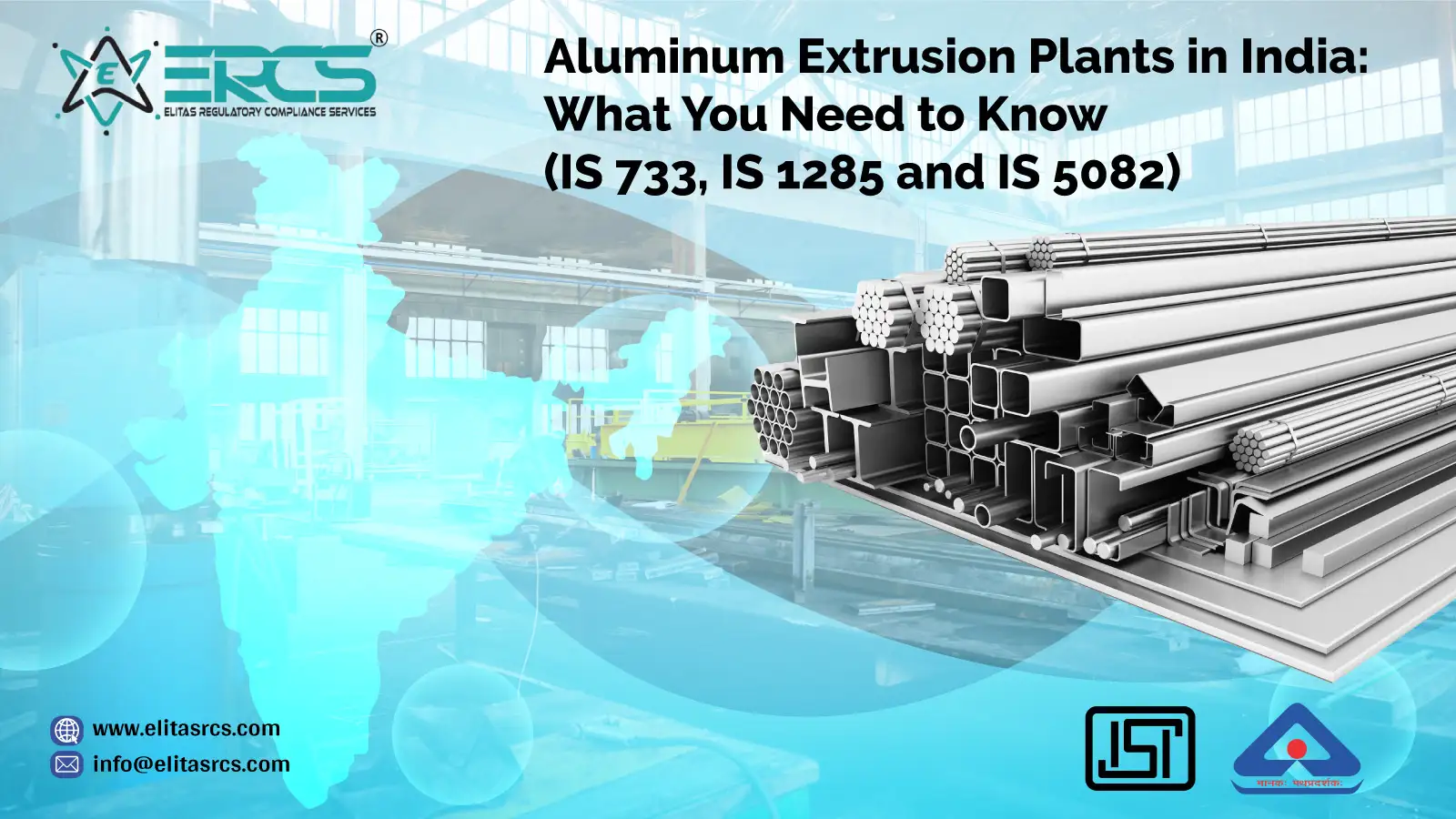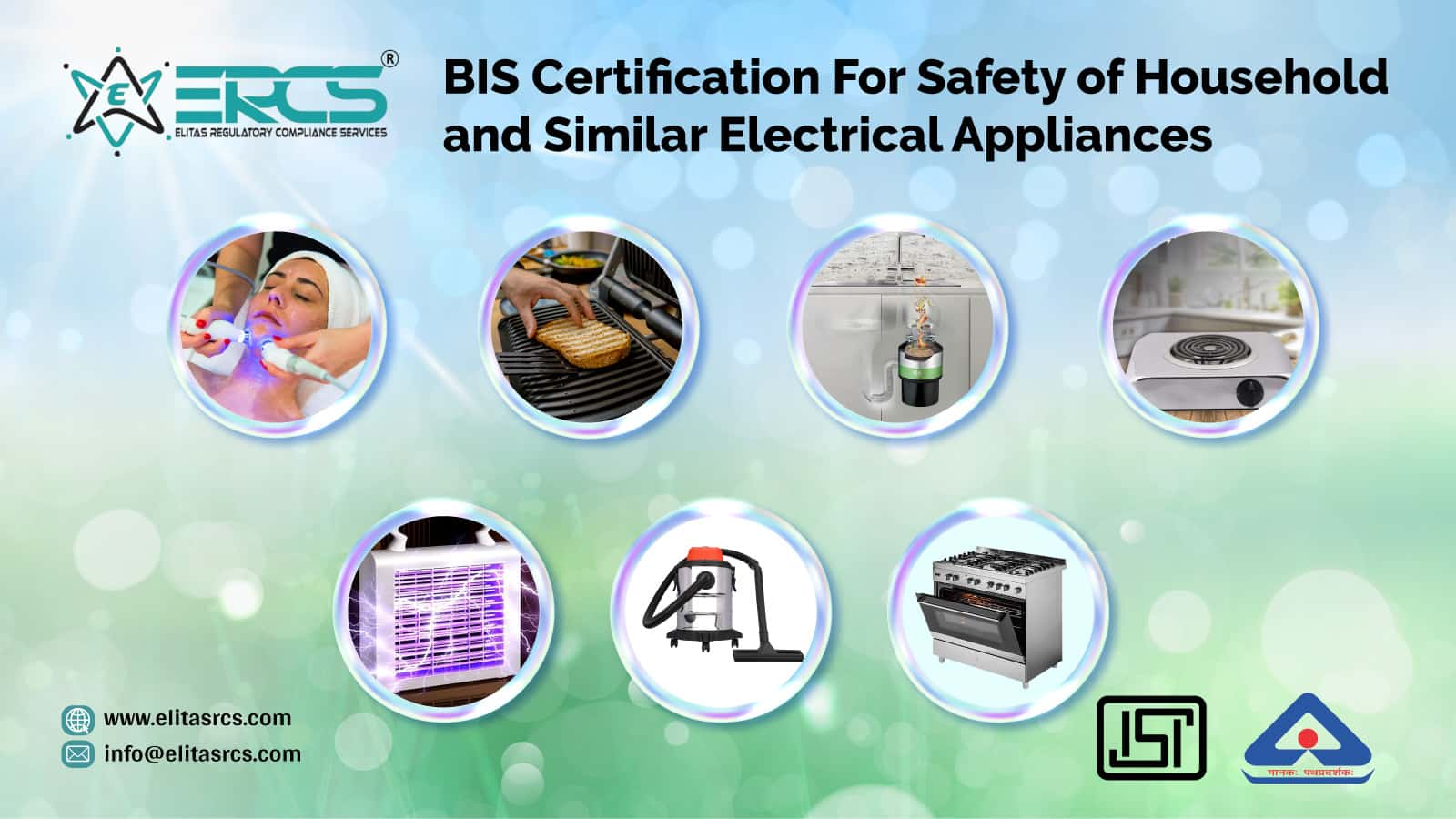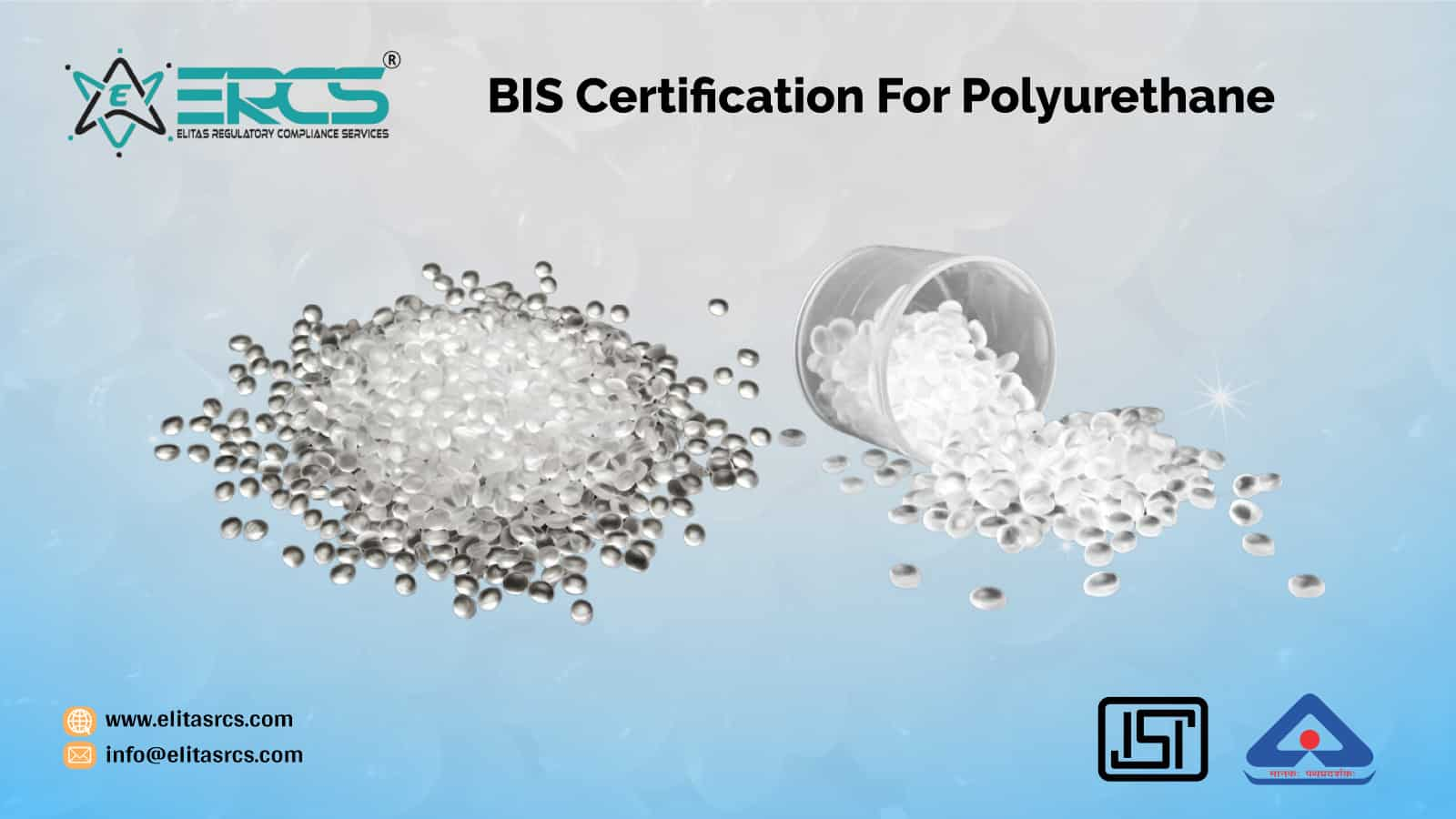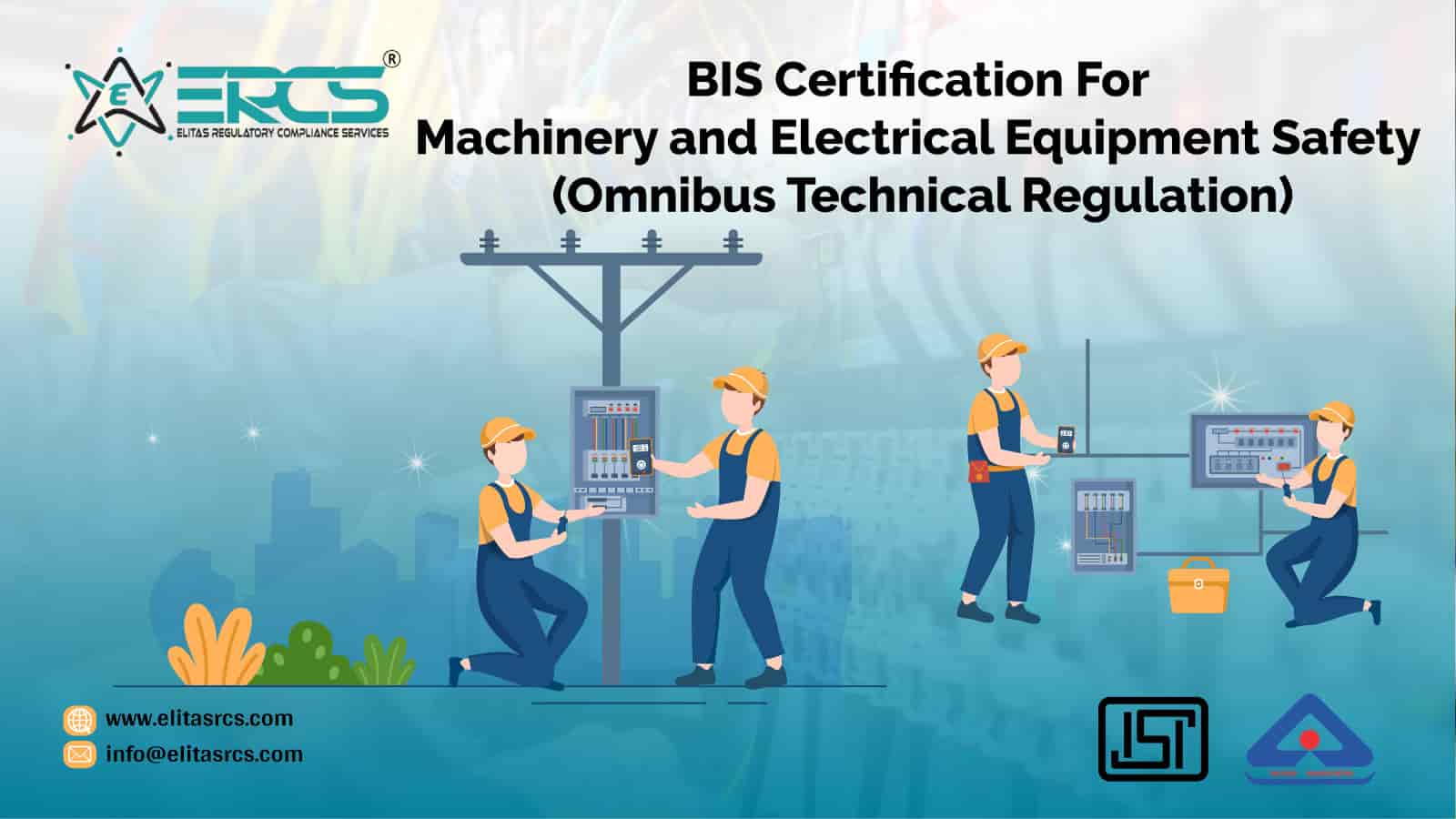Extended Producer Responsibility (EPR Registration)
.webp)
Extended Producer Responsibility (EPR)
What is the main concern?
Plastics are a wide variety of synthetic or semi-synthetic materials that use polymers as their main component. Their plasticity allows plastics to be shaped, extruded or pressed into solid objects of various shapes. This adaptability and a wide range of other properties such as lightness, durability, flexibility and inexpensive manufacturing have led to its widespread use. Plastics are usually produced through human industrial systems.
An estimated 9.2 billion tons of plastic were produced between 1950 and 2017. More than half of this plastic has been produced since 2004. In 2020, 400 million tons of plastic were produced. If global trends in plastic demand continue, it is estimated that by 2050 annual global plastic production will reach more than 1,100 million tons.
Its disposal is a serious problem. Recycling is a good way to reuse plastic products, but it is important to find a way to remove the plastic.
The Government of India has taken the following steps:
The Ministry of Environment, Forests and Climate Change has notified the Extended Producer Responsibility Directive for Plastic Packaging under the Plastic Waste Management Rules 2016. The Extended Producer Responsibility Directive coupled with the ban on identified single-use plastic items that have low usability and high littering potential with effect from July 1, 2022 are important steps to reduce the pollution caused by discarded plastic waste in the country.
Accordingly, manufacturers, importers and brand owners are responsible for ensuring that their plastic packaging waste is processed through recycling, reuse or end-of-life disposal.
What is EPR?
EPR or Extended Producer Responsibility is the responsibility of every manufacturer of electronic or electrical equipment to transport/transfer electronic waste to an authorized dismantling or recycling facility to ensure environmentally sound management of such waste. It is approved and certified by CPCB whose main responsibility is to renew, reject or grant EPR and provide certification to manufacturers of electrical or electronic equipment. The EPR certificate concept is introduced to promote better recycling, collection and treatment of waste.
PIBO refers to manufacturers, importers and brand owners. If you identify yourself as a PIBO and operate operations in India that involve the use of plastic packaging, you are subject to EPR. Importers or manufacturers need to get EPR certificate in India to control e-waste. However, if the importers or manufacturers do not get the same, they will not be able to operate in India. As a result, importers or manufacturers face debarment, fines, or both.
To comply with the change notice, CPCB has initiated the development of a portal which includes the following modules;
- EPR registration for PIBO
- PWP registration
- Trading and settlement of EPR obligations by PIBO
- Submission of annual reports by interested parties
- Collection of ecological compensations
- Third party audits
- Training/capacity building of stakeholders
The following entities will register to obtain an EPR registration certificate on the centralized EPR portal developed by CPCB:
1. Manufacturer
2. Importer
3. Brand Owner
4. Plastic waste processor engaged in
(a) recycling,
(b) waste to energy,
(c) waste to oil and
(d) industrial composting.
Responsibilities of PIBO:
PIBO is responsible for
1. Register on the EPR portal
2. Present your action plan
3. Fulfill obligations for:
a) Recycling
b) Use of recycled content
c) Reuse
d) Disposal after end of life
e) Optional involvement in the collection and use of plastics
f) Submit annual returns
g) Provide proof of certificates (Plastic Credits)
PIBOs may work with PROs (Producer Responsible Organizations) or other agencies independently to meet their objective, but reporting and responsibility for meeting these obligations rests solely with PIBOs.
Documents required to obtain an EPR permit:
Documents required for OPC/LLP/Partnership Firm/Sole Proprietorship:
1. GST certificate;
2. IEC (Import Export Code);
3. Present proof of lease or rent to prove ownership of the land;
4. Excel sheet containing details of imported products;
5. Authorized KYC signatory or sole proprietor.
Documents required for a public or limited liability company:
1. MOA (Memorandum of Association);
2. PAN card of the company;
3. The aforementioned documents;
4. Statement of the Board of Directors for the authorized signatory;
5. CIN or Certificate of Incorporation.
Advantages of EPR authorization:
Waste supply chain optimization and waste management permits allow companies to identify weak links in the waste supply chain and make it more efficient. This helps reduce overhead costs and puts less strain on budget-conscious entities. EPR authorization ensures the availability of a definitive framework that allows companies to operate properly and avoid unnecessary delays and expenses.
1. Improve waste management methods
An EPR permit allows entities to better clarify how waste should be collected, processed, recycled or disposed of. In this way, they can further improve their prevailing waste management framework and make it more efficient and seamless.
2. Improve coordination with affiliated units
High costs are inevitable in the early stages of EPR implementation. This can be controlled by improving coordination with associated units. As part of the EPR authorization, the company has a clear idea of how to effectively carry out waste management activities, including directing waste to recycling and disposal units.
3. Improved market reputation
The EPR permit has a positive effect on the company's image and reputation. Having an EPR permit means that the company is committed to the sustainable use of resources and the reduction of waste from its products. Prominent business players pay close attention to these requirements to build a better reputation in the market.
4. Ensure cost reduction in waste management
Waste management and cost reduction do not go hand in hand. Therefore, most companies are reluctant to invest significantly in waste management programs. However, EPR authorization addresses this critical issue by overcoming complexities within the waste management system and ultimately making it more cost-effective. Comprehensive waste management undoubtedly requires significant financial resources, especially in the case of an inefficient system. This is where EPR authorization comes into play. It enables the accounting units to focus on the parameters worth considering to carry out cost-effective activities and on the other hand remain productive.
5. Improve waste segregation and disposal
There are definite EPR measures under prevailing legislation regarding waste segregation and disposal that eventually prevent the mobilization of waste to open landfills. EPR authorization mandates apt segregation and disposal of wastes for entities either individually or via some agencies.
It is always better to consult with experience team such as ERCS Pvt. Ltd. for smooth certification process.
For more information, please feel free to contact us at info@elitasrcs.com or call at +91-9076611770 / +91-9076611766.
Share:
Article Categories
Latest Blogs
-

-

-

-

15 Oct, 2024 BIS Certification for Polyurethane IS 17397 (Part 1)
-

Need Expert Advice?
Feel Free to Connect with Us
Prompt reply within hours
Continued support
Experience Consultants at ERCS are ready to assist you at every step of compliance so as to provide you the best services in India. Get complete information about the certification that your product need to enter in Indian market and build a good consumer base.